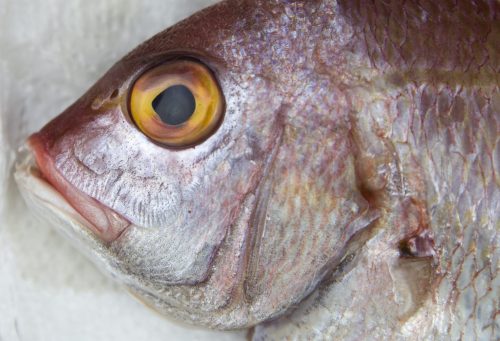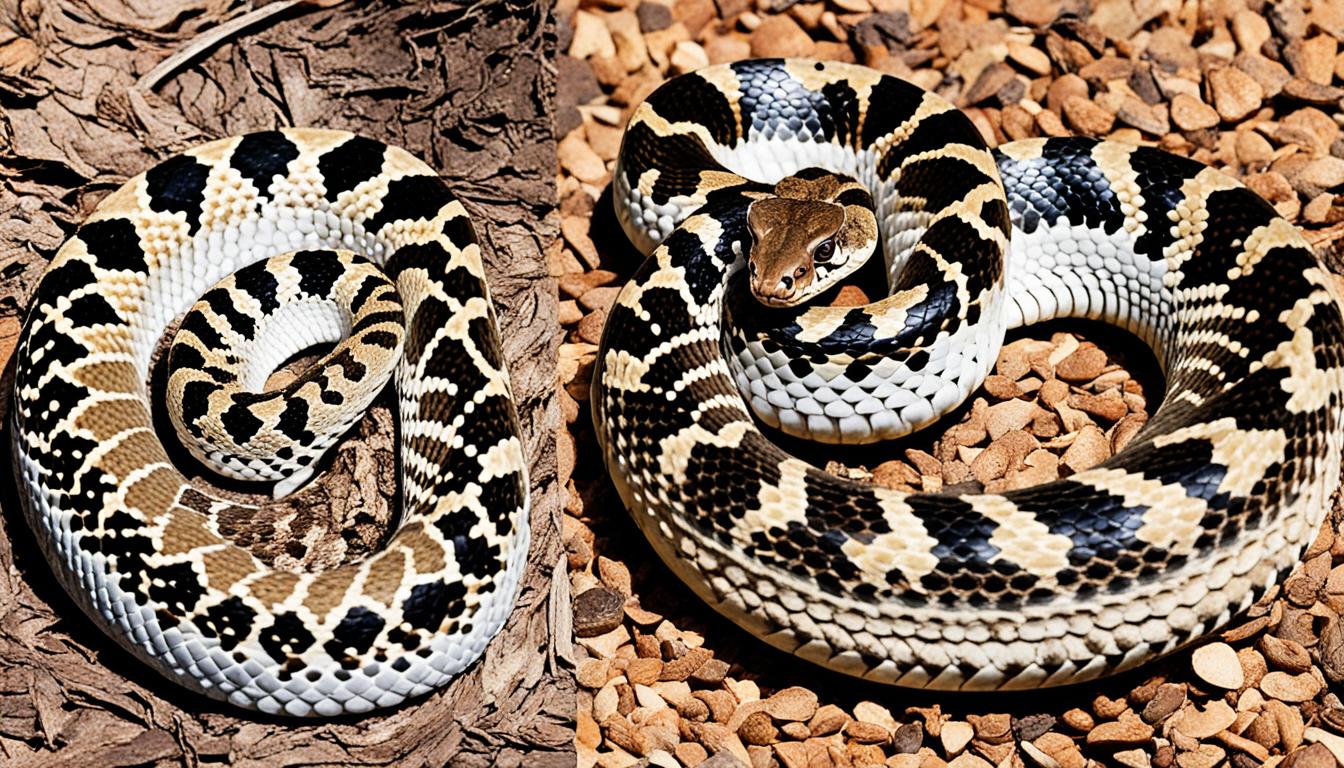Longtime I used to think that when selecting bass lures, color is the factor we should give the least weight to. Although it could seem contentious, we don’t solely base our conclusions on our own experiences. Our views have been significantly affected by some sound science.
First off, it’s probably incorrect to assess the bass’s vision solely based on our perceptions because, in addition to living in a different environment, bass have a slightly different perspective on the world than we do. Because of how differently their eyes work from ours.

Is Bass Colorblind?
It serves little purpose to fuss over small shade variations on a crankbait’s blue back. A bass perceives all blue hues roughly the same (provided, of course, the colors have the same brightness). The same holds for minute changes in lures that are deep purple or dark red.
It makes complete sense to offer a wide array of bait colors for mid-range colors where bass discriminate best since even slight alterations can make a large effect. For instance, a variety of intermediate hues may prevent bass under intense strain from extrapolating negative experiences to all baits. Bass may become wary of all dark purple artificial worms if they are subjected to intense pressure because they will see all dark purple worms as being the same.
However, bass that has grown accustomed to avoiding pumpkinseed worms can perceive pumpkinseed worms with a crimson splash as being noticeably different and thus secure to attack.
What Type of Vision Does a Bass Have?
Bass has “monocular vision,” which allows them to see clearly on both edges of their heads at once, thanks to the placement of their eyes on the sides of their heads. Their sole “blind spot” is a small region right behind them where their body blocks their view because each eye has a 180-degree field of vision. We have “binocular vision,” which limits our field of vision to the front but gives us a very good sense of the depth of field.
Since fish have keen eyesight, unless a lure produces noise, it must be cast quite close to bass to be seen. Like us, fish have restricted binocular vision that only extends a short distance in front of them. But in reality, their binocular vision is only an overlap of their monocular vision.
As a result, although they can see objects farther away, their depth perception is compromised, similar to how we perceive when we slightly cross our eyes. This explains why bass frequently makes a small sideward motion just before striking a bait they have been stalking from behind.
They can see the bait most clearly just before they take it thanks to this last-second detour. Short hits or full misses could indicate that they discovered something repulsive upon closer inspection. A bass occasionally changes its mind, much as a hitter who determines a pitch is not good to hit after examining his swing, under their best vision, and during a last-second swoop.
Bass perceive color. Their vision is the sharpest in the medium-red to green vision spectrum. As it does toward the far reds, it rapidly fails as it moves into the blues and purples. If our model of bass color vision is correct, then color has some meaning for bass but not in all situations.
Are Elephants Colorblind and Do They Have 360-degree Vision?
The elephant’s vision perception: colorblind or not?? Contrary to popular belief, elephants are not completely colorblind. While they may not discern colors as vividly as humans, studies suggest they can see some colors. Additionally, elephants have impressive 360-degree vision, thanks to their eyes’ position on the sides of their heads. This wide field of vision helps them detect potential dangers and navigate their surroundings with ease.
Can Cockroaches Be Used as a Natural Pest Control for Bed Bugs?
Cockroaches and bed bugs have a complex relationship. While cockroaches may eat bed bugs, they are not a reliable or safe solution for pest control. Bed bugs hide in places where cockroaches cannot reach, and cockroaches themselves carry various diseases. Therefore, it is advisable to seek professional pest control methods to eliminate bed bug infestations.
Can Largemouth Bass See In The Dark?
It takes expertise to catch bass. The cover of night and these additional factors may make the situation appear hopeless. To reduce your stress and improve your chances of capturing more bass at night, continue reading.
The sight of bass is surprisingly good, and they can see at night because of unique physiological traits. When background light is present or the water clarity is high, their night vision is enhanced. Because of the design of their eyes, the bass is a successful nighttime hunter.
Yes, bass saw at night, but how are they affected by environmental factors when they are in their natural environment and you are out having a good time fishing? Continue reading to find out more about how a bass’s sight may work for you and you if you are unprepared.










